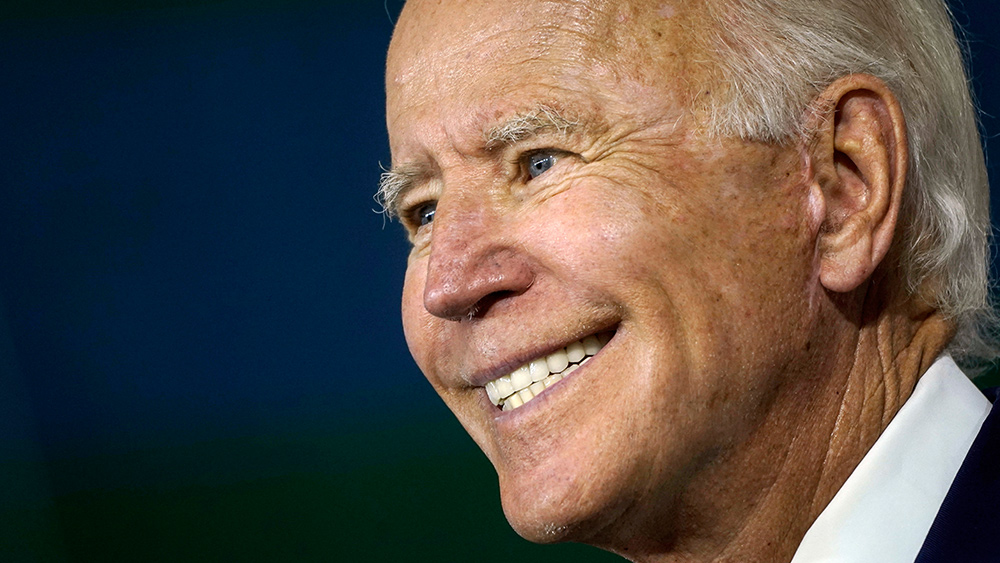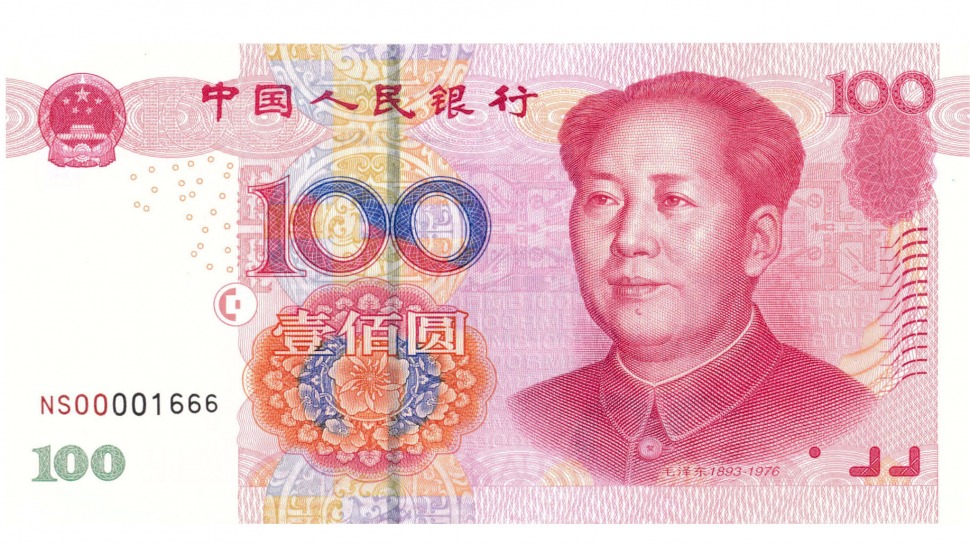It’s official: United Arab Emirates STOPS using U.S. dollars for oil trades
12/04/2023 / By Ethan Huff

In a bold move away from the United States petrodollar, the United Arab Emirates has officially stopped trading oil in American dollars.
According to reports, the U.A.E.’s decision to switch away from using U.S. dollars in the oil trade marks a broader pivot among the BRICS economic alliance to transition to the use of local currencies for oil transactions.
Along with Saudi Arabia, Egypt, Ethiopia, Iran and Argentina, the U.A.E. is now part of the original five BRICS nations: Brazil, Russia, India, China and South Africa. (Related: Saudi Arabia, UAE and Iran among six countries invited to join emerging BRICS global superpower.)
For many years, the U.S. dollar has been the long-established currency used in the global oil market. As increasingly more countries shift away from it, this de-dollarization process puts America at an ever-worsening economic disadvantage.
“This expansion signifies a growing inclination towards de-dollarization among these nations, a move that challenges the traditional hegemony of the U.S. dollar in international trade,” reports Jai Hamid for Cryptopolitan. “The U.A.E.’s decision to prioritize local currency over the U.S. dollar in new oil deals is a clear reflection of this sentiment. This move isn’t just a mere policy shift; it’s a strategic maneuver in the complex chess game of global economics.”
U.A.E. a global oil powerhouse
It may not seem all that significant to some, but this shift away from the U.S. dollar is significant because the U.A.E. is a global oil powerhouse. Not only that, but together with the rest of the BRICS alliance, now expanded with six additional members, the U.A.E. is leading the world away from the U.S. dollar’s position as the global reserve currency.
Should other nations follow the U.A.E.’s lead, this could lead to an eventual collapse of the U.S. dollar, a heavily manipulated fiat currency that the private Federal Reserve and its banking cartel partners print at will to fund war and other global endeavors.
What seems to be happening is that the world is entering a new era of currency dynamics in oil transactions, especially now that the U.A.E. is actively searching for new oil trading partners.
The U.S. is becoming increasingly irrelevant in world trade, in other words. Other than war, debt and LGBT perversion, the U.S. produces very little of anything valuable anymore, and the rest of the world is taking notice and responding accordingly.
“It’s not just a matter of switching currencies; it’s about altering the very fabric of international oil trade,” Hamid writes. “The potential ripple effects on the U.S. dollar could be substantial, marking a shift in the global economic power balance.”
Up to 15 countries are on the U.A.E.’s list of new potential oil and gas deals, including China, Russia and Egypt – all of which are members of BRICS and advocates of de-dollarization.
“This isn’t just about diversifying trade; it’s about making a statement on the global stage,” Hamid adds. “The U.A.E. is not just following a trend – it’s setting one.”
Chances are that de-dollarization, which is gaining momentum on the world stage, will not stop with oil. All global trade is likely to be affected by this shift away from U.S. economic dominance, and Americans need to take notice of what this could mean for their wallets.
The U.S. dollar is already rapidly becoming worthless due to constant dilution by the Fed. Add to that a global shift away from the U.S. dollar in trade and soon people will be carting around proverbial wheelbarrows full of paper funny money that will barely be enough to buy a loaf of bread once things hit the fan for real.
More related news about global de-dollarization can be found at DollarDemise.com.
Sources for this article include:
Submit a correction >>
Tagged Under:
BRICS, currency clash, currency crash, currency reset, De-dollarization, dollar, dollar demise, energy supply, fuel supply, greenback, money supply, oil, oil production, oil trade, petrodollar, reserve currency, UAE, United Arab Emirates, Us Dollar
This article may contain statements that reflect the opinion of the author
Popular Articles
COPYRIGHT © 2023 CurrencyClash.com
All content posted on this site is protected under Free Speech. CurrencyClash.com is not responsible for content written by contributing authors. The information on this site is provided for educational and entertainment purposes only. It is not intended as a substitute for professional advice of any kind. CurrencyClash.com assumes no responsibility for the use or misuse of this material. All trademarks, registered trademarks and service marks mentioned on this site are the property of their respective owners.



















